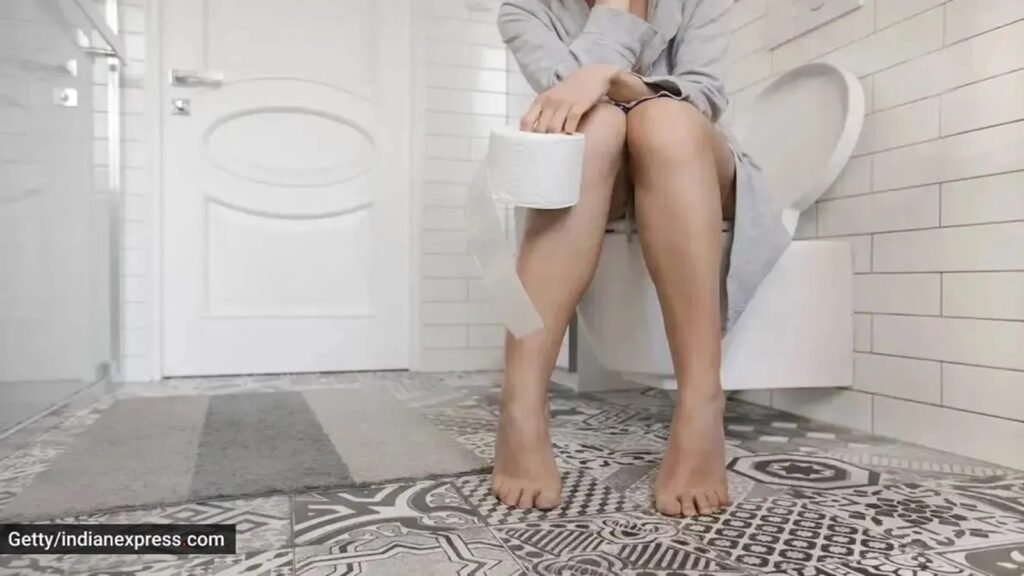Nutritionist Amita Gadre recently detailed an incident that left her “shocked”. On meeting a friend after three months, she came to know that the friend was suffering from fissures. “Today was a very shocking day for me. Met a friend after months, and the first thing she said was – ‘I’ve suddenly got fissures, what do I do?’ At first, I thought… maybe menopause? But no, the real reason was something else. She was on injectable weight loss drugs. And along with dropping kilos came constipation and fissure, side effects no one really talks about,” Gadre shared on Instagram.
She continued, “Honestly, what’s the point of dropping 10 kg if you can’t even sit without pain, if your everyday life feels harder than before?”
While saying that she is “not against these injections when they’re truly needed for people with morbid obesity“, she warns that “using them without proper medical and nutritional guidance can do more harm than any good”.
Here’s why this case in point deserves your attention.
Weight loss drugs, when used without proper medical guidance and mindlessly, can have serious side effects, said Dr Rajiv Kovil, head of diabetology and weight loss expert, Zandra Healthcare and co-founder, Rang De Neela Initiative.
Constipation is a very common side effect of these injections, added Dt Amreen Sheikh, chief dietitian, KIMS Hospitals, Thane. “When it gets severe, it can lead to painful fissures, bleeding, and even piles. Many people first assume it’s because of age or hormonal changes, but often the real reason is the medication,” said Sheikh.
According to Dr Kovil, GLP-1 medicines slow down the way food moves through the stomach and intestines. “This helps people feel full and eat less, but it also means digestion takes longer. As a result, water is absorbed more from the stool, making it harder and drier, which leads to constipation. So the very mechanism that aids weight loss and sugar control can also cause bowel sluggishness,” elucidated Dr Kovil.
Story continues below this ad
Are these side effects serious?
Yes, they can significantly impact daily life. Sheikh described that constant pain, bleeding, or the fear of going to the toilet can make weight loss feel pointless. “If the dose is increased without proper supervision, the risks can get worse, including sudden blackouts because of low blood sugar,” said Sheikh.
Does this mean people should avoid these injections?
These drugs are for those who really need them. For someone pursuing rapid weight loss, the side effects may outweigh the benefits. “The key is not to self-increase the dose and remain vigilant to the dangers,” said Sheikh.
 Are you planning to use weight loss drugs? (Photo: Getty Images/Thinkstock)
Are you planning to use weight loss drugs? (Photo: Getty Images/Thinkstock)
So, relying solely on pills for weight loss is not a safe strategy.
What helps?
Dr Kovil stressed that healthy weight management should involve balanced nutrition, regular exercise, and medical supervision if medications are necessary.
Story continues below this ad
Sheikh mentioned that simple measures such as consuming sufficient fibre in food, drinking lots of water, and maintaining a balanced diet may help alleviate constipation and nausea. “Guidance can be taken to control these problems, but neglecting them will cause life to become more miserable even if the weighing machine indicates 10 kilos less,” said Sheikh.
Ignoring these precautions can result in long-term health complications, including digestive problems, heart issues, and metabolic disturbances, said Dr Kovil.
“Patients should always consult a qualified healthcare professional before starting any weight loss drug and avoid self-medicating, as the potential harms can outweigh the benefits,” said Dr Kovil.
DISCLAIMER: This article is based on information from the public domain and/or the experts we spoke to. Always consult your health practitioner before starting any routine.

